Results
-
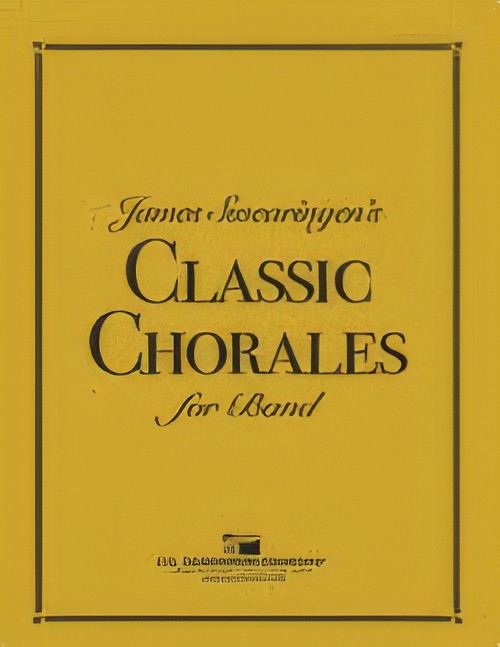 £19.95
£19.95Classic Chorales for Band (Conductor) - Swearingen, James
Over the years, band directors from around the world have expressed appreciation for the many teaching opportunities that have resulted from using "First Chorales for Band" by James Swearingen. Now, sixteen of his all-time favourite hymns have been added to another collection that will further enhance the value of using quality chorales as part of your daily warm-ups. "Classic Chorales" is designed to assist you with incorporating musical objectives while allowing your students the unique opportunity to reach their fullest potential as musicians.
Estimated dispatch 7-14 working days
-
 £109.99
£109.99Arcadia (Concert Band - Score and Parts) - Hirose, Hayato
For this work, the Japanese composer Hayato Hirose dug deep into his own imagination to find the right inspiration. It is about a young boy who dreams about reaching paradise (Arcadia) and sets out on a journey to find it. This journey is long and treacherous, but despite the many challenges he faces, the boy finally does reach his Arcadia. The result is a very dramatic work that will take your audience on a breath-taking journey.Duration: 7:30
Estimated dispatch 7-14 working days
-
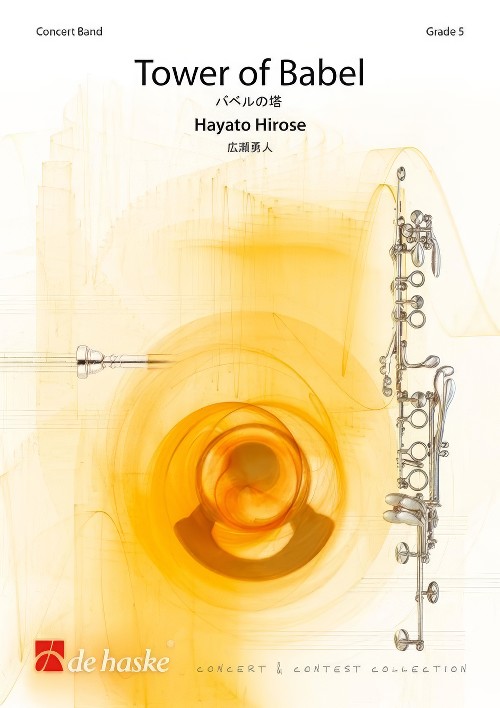 £194.99
£194.99Tower of Babel (Concert Band - Score and Parts) - Hirose, Hayato
Based on the Old Testament biblical story of the building of the Tower of Babel, a tower built to reach the heavens, composer Hayato Hirose has created this dramatic programmatic work in seven movements that are played without interruption. With skilful detail each movement portrays an aspect of the story of the tower and its ultimate destruction. A magnificent epic work!Duration: 11:45
Estimated dispatch 7-14 working days
-
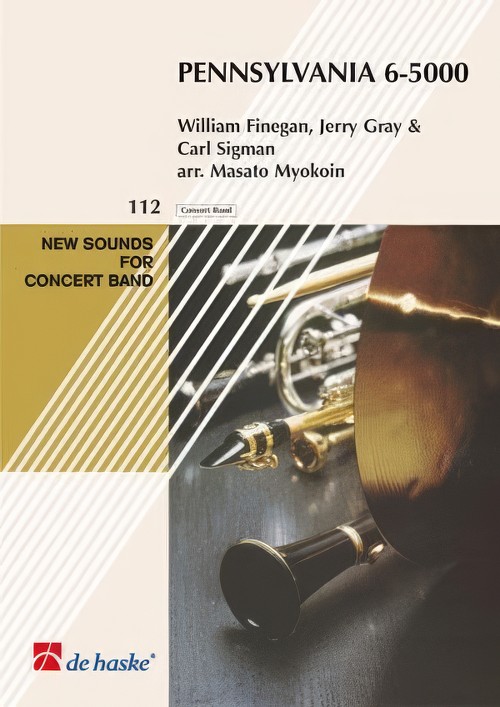 £104.99
£104.99Pennsylvania 6-5000 (Concert Band - Score and Parts) - Myokoin, Masato
In 1942 Glenn Miller voluntarily joined the army and founded the Glenn Miller Army Air Force Band and with his music he kept up the morale of the troops. In December 1944 he boarded an aircraft in England that would never reach its destination (France) - the plane was never found. The patriotic legend of this great composer however lives on in his music. Pennsylvania 6-5000 was one of the greatest successes of his famous band and is as popular today as it was in the 1940's.
Estimated dispatch 7-14 working days
-
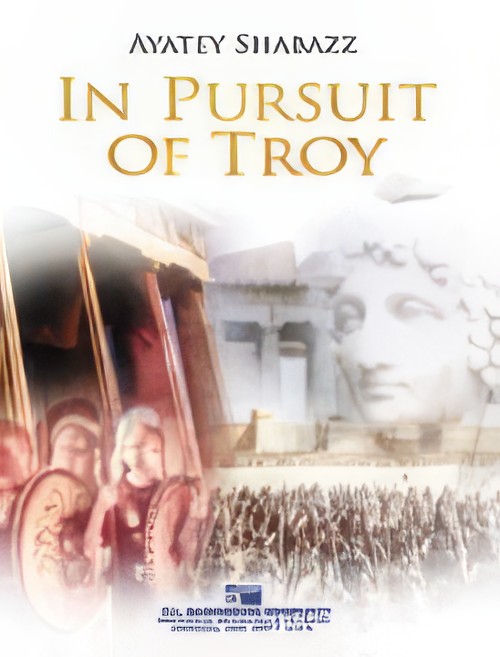 £84.00
£84.00In Pursuit of Troy (Concert Band - Score and Parts) - Shabazz, Ayatey
A impassioned work for better bands that displays the unique compositional style of Mississippi composer Ayatey Shabazz. Utilising the full of range of colours of the modern symphonic band, this impressive piece will challenge all sections of your group to reach new heights in their musical journeys. Includes shorts solos for euphonium, bassoon, flute, trumpet and oboe. Tasty use of percussion helps to create varied musical emotions. Extremely nice!Duration: 6.45
Estimated dispatch 7-14 working days
-
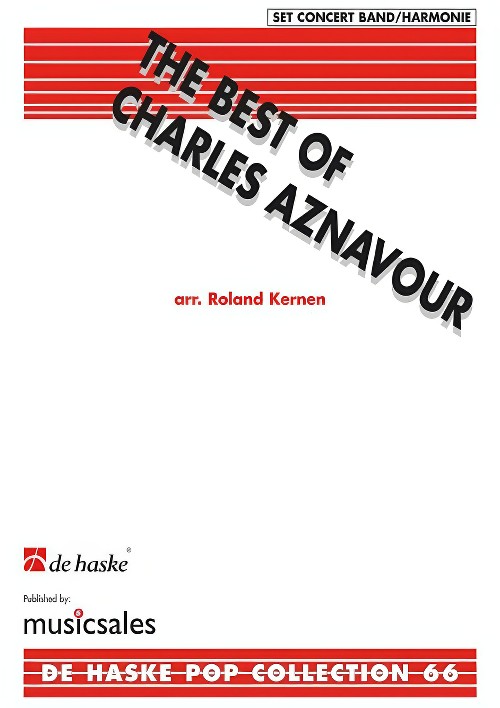 £122.50
£122.50The Best of Charles Aznavour (Concert Band - Score and Parts) - Kernen, Roland
Charles Aznavour, the son of Armenian immigrants, was born in 1924, in Paris. He finally launched his singing career in France with great effort; despite his lack of star looks and less than remarkable voice. However, he had two things going for him: powerful on-stage charisma and great willpower. It took him about twenty years to reach the top but when he did, his determination certainly paid off. He became a star singer/songwriter in France and his chansons were embraced throughout the rest of the world as well. The typical French atmosphere that pervades his music can be clearly experienced in this medley for concert band.
Estimated dispatch 7-14 working days
-
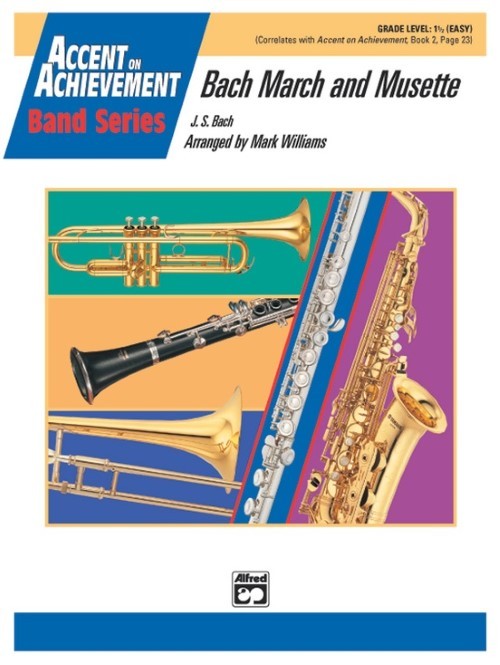 £37.95
£37.95Bach March and Musette (Concert Band - Score and Parts) - Bach, Johann Sebastian - Williams, Mark
These two pieces from the Notebook for Anna Magdalena Bach have been a favourite of keyboard players for centuries. This skillful arrangement finally brings these great classics well within the reach of the developing young band. This two-movement work can serve as a vehicle for introducing your band to an important period of music history. Duration: 3.45
Estimated dispatch 7-14 working days
-
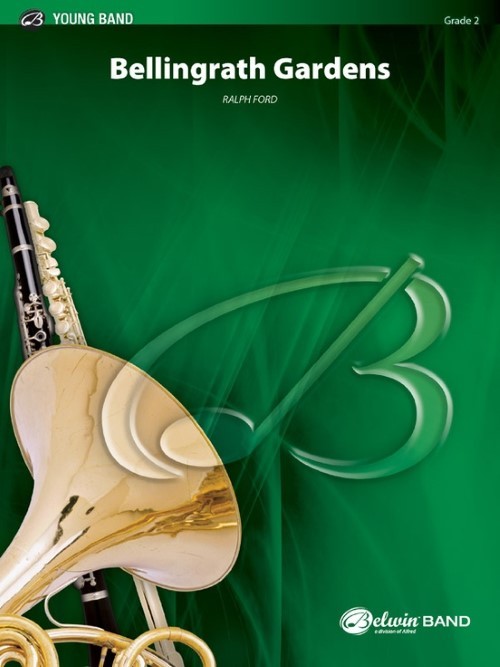 £60.50
£60.50Bellingrath Gardens (Concert Band - Score and Parts) - Ford, Ralph
With this stunning new overture for contest or competition, your students will sound glorious while nothing is musically out of reach. A magnificent fanfare sets the stage for the beautiful woodwind melody, interrupted by driving percussion and brass flourishes.Duration: 2:40
Estimated dispatch 7-14 working days
-
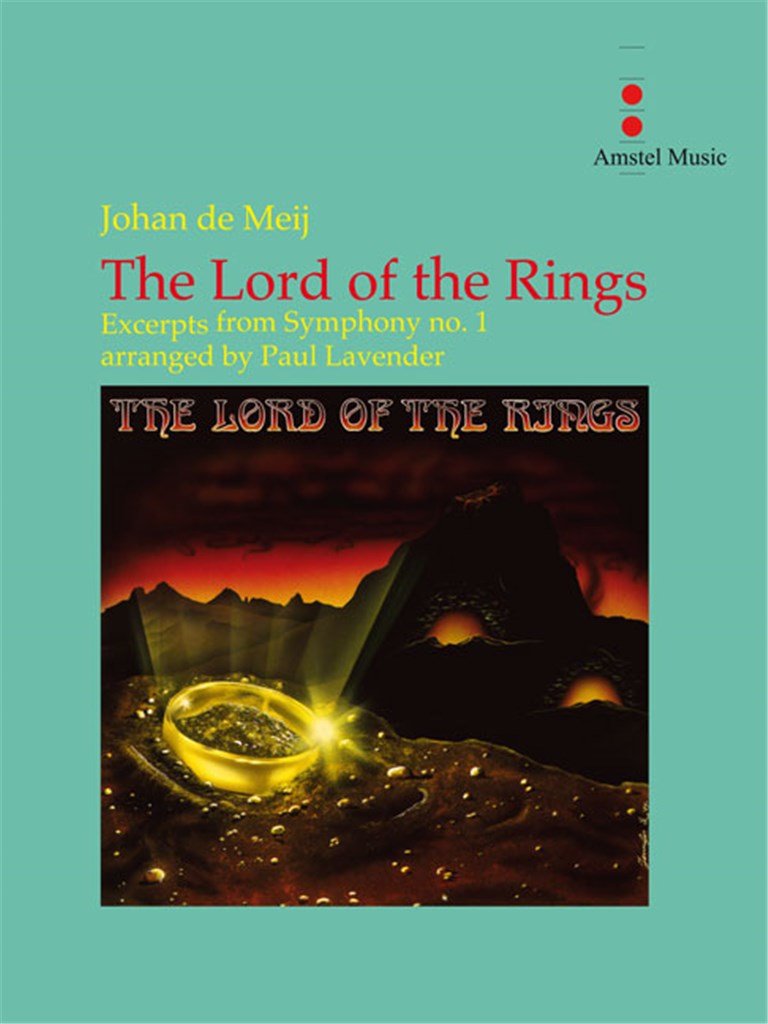 £148.00
£148.00The Lord of the Rings (Excerpts from Symphony No.1) (Concert Band - Score and Parts) - De Meij, Johan - Lavender, Paul
Johan de Meij's first symphony The Lord of the Rings, based on the famous trilogy by Tolkien, has established itself as a 'classic' piece in the concert band piece repertoire.In this edition, Paul Lavender has masterfully condensed and arranged the symphony into a practical concert version, written at a level and with instrumentation to work within the reach of most bands. This version includes optional cuts allowing several performance lengths and options which enable you to tailor your performances as appropriate. Let your audience experience a fabulous adventure! Duration: 9.30
Estimated dispatch 7-14 working days
-
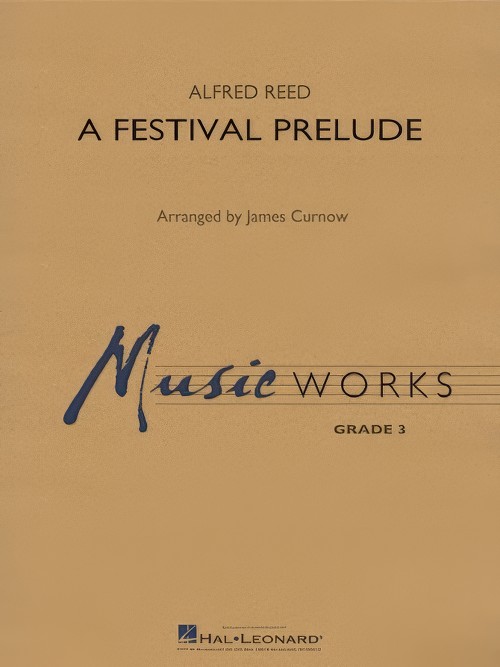 £64.99
£64.99A Festival Prelude (Concert Band - Score and Parts) - Reed, Alfred - Curnow, James
This could possibly be Alfred Reed's most played work for band and is considered one of the giants of standard band literature. James Curnow's fine transcription for young band puts this important piece well within reach of most developing groups. Treat your younger players to one of the classics.
Estimated dispatch 7-14 working days
